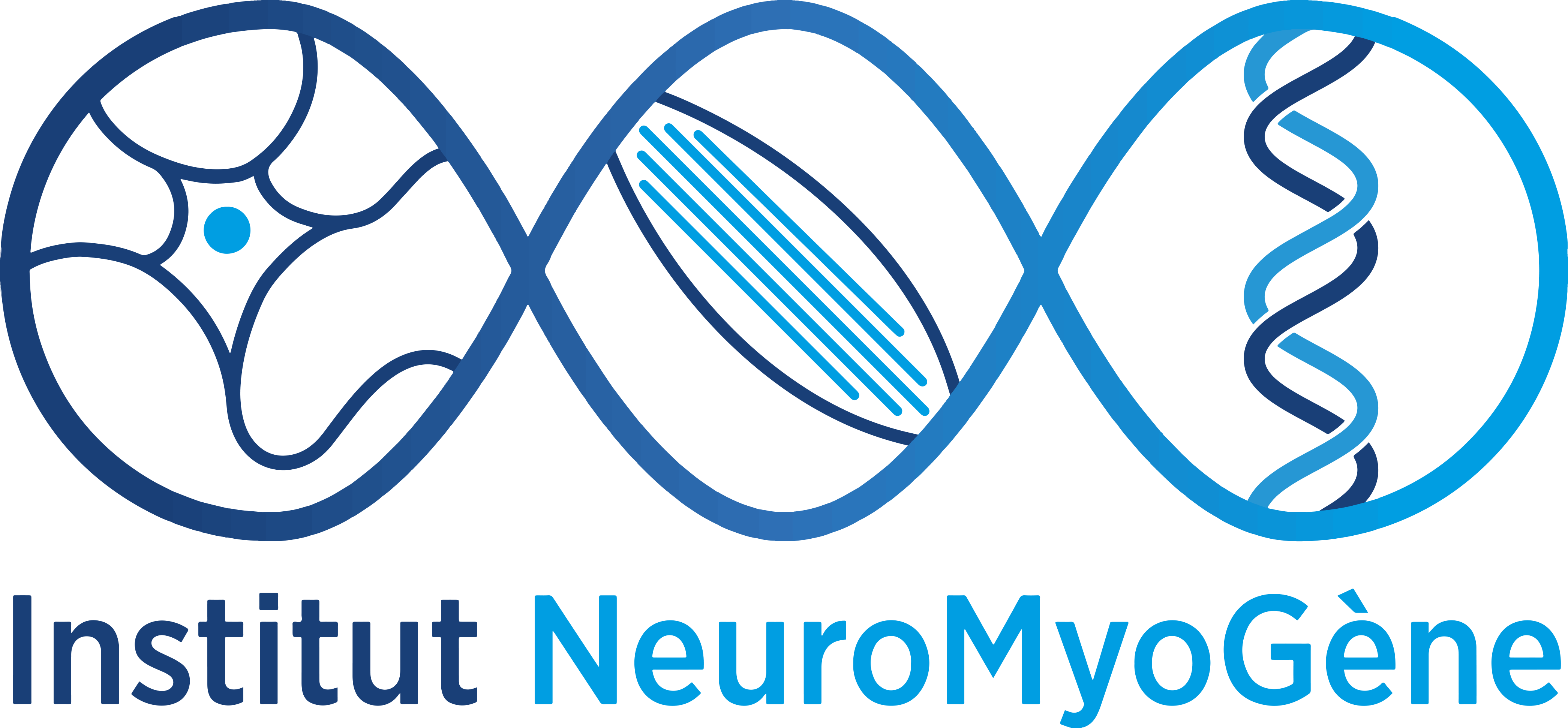Huating WANG
The Chinese University of Hong Kong, Hong Kong, China
Functional investigation of LncRNAs and enhancers in skeletal muscle stem cells
Invité par Bénédicte Chazaud
Abstract
Previously, the majority of the human genome was thought to be “junk” DNA with no functional purpose. Over the past decade, evidence from numerous high-throughput genomic platforms reveals that even though less than 2% of the mammalian genome encodes proteins, a significant fraction can be transcribed into different complex families of non-coding RNAs (ncRNAs). Growing evidence supports that ncRNAs have fundamental roles as regulators of genomic output. Among various types of ncRNAs, microRNAs have dominated the current literature. Other groups, however, such as long ncRNAs (lncRNAs, >200nt), have been largely under explored.
Huating Wang’s lab is currently interested in studying the functional roles of long non-coding RNAs (lncRNAs and enhancers) in regulating gene expression in skeletal muscle stem cells and muscle regeneration.

